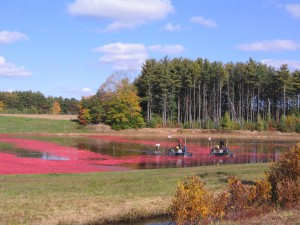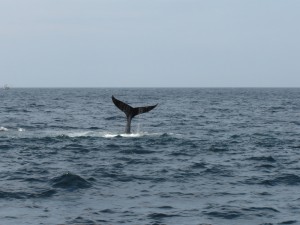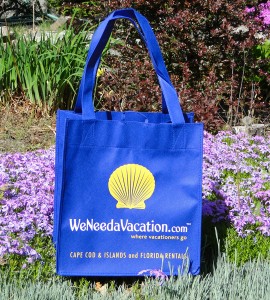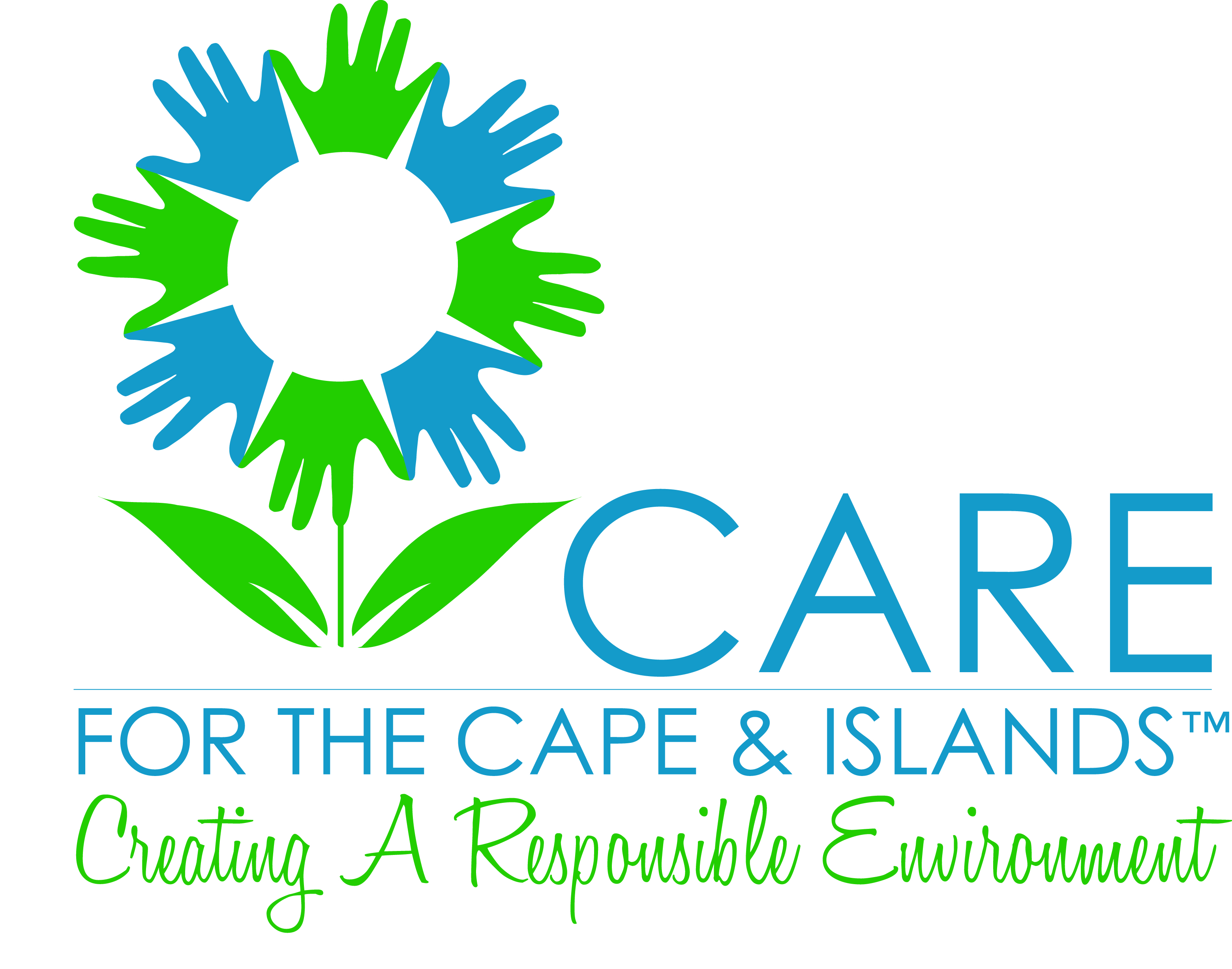Guest Post from CARE for the Cape and Islands
“With continuing growth in travel, there is increasing recognition… of the importance of responsible travel—travel that minimizes negative impacts, brings economic benefits to host communities, and preserves the cultural and natural resources of the destinations”, according to the Center for Responsible Travel (CREST)’s Case for Responsible Travel.
Understanding what responsible travel is and what visitors look for in travel destinations and accommodations can help you as a vacation rental homeowner satisfy visitor expectations and improve your bottom line.
What is “responsible travel”?
Responsible travel involves travel that is ethically based and encompasses a number of travel terms including:
 Agritourism: Visiting farms and sometimes participating in activities on the farm.
Agritourism: Visiting farms and sometimes participating in activities on the farm.- Cultural Heritage Tourism: Traveling to experience the places and activities that authentically represent the stories and people of the past and present (National Trust, 2011).
- Ecotourism: Responsible travel to natural areas that conserves the environment and improves the well-being of local people (TIES, 1990).
- Geotourism: Tourism that sustains or enhances the geographical character of a place—its environment, culture, aesthetics, heritage, and the well-being of its residents (National Geographic Society, 2010).
- Sustainable Tourism: The development of a region’s tourism industry in such a way as to not damage or deplete the resources and attractions that make the region attractive to tourists.
- Travelers’ Philanthropy: Travelers giving financial resources, time, and talent to further the wellbeing of local communities (CREST, 2008).
- Volunteer Tourism/Voluntourism: The conscious, seamlessly integrated combination of voluntary service to a destination and the best, traditional elements of travel — arts, culture, geography, history and recreation — in that destination (voluntourism.org, 2013).
Who cares about “responsible travel” practices?
 Fran Brasseux, Executive Director, Hotel Sales and Marketing Association International (HSMAI) Foundation states, “Green is no longer just a trend. It’s a way of life”. Two thirds (66%) of consumers around the world say they prefer to buy products and services from companies that have implemented programs to give back to society. 46% are willing to pay extra for products and services from socially responsible companies, and a majority (51%) of those under 40 are willing to do so, according to a 2012 Nielsen Wire survey.
Fran Brasseux, Executive Director, Hotel Sales and Marketing Association International (HSMAI) Foundation states, “Green is no longer just a trend. It’s a way of life”. Two thirds (66%) of consumers around the world say they prefer to buy products and services from companies that have implemented programs to give back to society. 46% are willing to pay extra for products and services from socially responsible companies, and a majority (51%) of those under 40 are willing to do so, according to a 2012 Nielsen Wire survey.
How can rental homeowners promote “responsible travel”?
Share your interest in preserving our wonderful destination with your guests, and provide some items in your home to help. You may find that many of your guests are already using these items at their own homes and will appreciate finding them when they travel.
- Provide recycling bins.

- Stock reusable BP-free hot and cold drink containers to cut down on plastic water bottles and Styrofoam coffee cups.
- Use reusable coffee filters.
- Don’t use K-cups that create a lot of waste, or if you do have such a machine, place a reusable filter in it that can be filled with the coffee of their choice.
- Encourage the use of reusable dishes and use of the dishwasher. Dishwashers today use less water than hand washing and reduce trash from paper plates and plastic silverware. Provide detergent that doesn’t contain phosphates.
- Provide re-usable cloth bags for groceries and shopping.
You can also provide information on activities that don’t have a negative impact on our environment. The Cape Cod Cooperative Extension is a good resource in addition to those listed below.
Bike and Hiking Trails
Bird Watching
Nature and wildlife centers
Kayaking
Museums
Thrift and consignment shops
Band/Music concerts
Walks and talks
Art Shows
Volunteer and hands on experiential opportunities
Farmers Markets and farm visits
Restaurants and businesses that use or produce local products and reduce waste.
For more information and to view the complete Case for Responsible Travel visit www.responsibletravel.org.
To leave more information on CARE for the Cape & Islands for your renters, download the CARE profile sheet, or click here to sign up.
Did you like this?








[…] Blog post written by CARE founder, Jill Talladay, about how you can get involved – http://blog.weneedavacation.com/2013/06/19/promoting-responsible-travel-with-care-for-the-cape-islan… […]